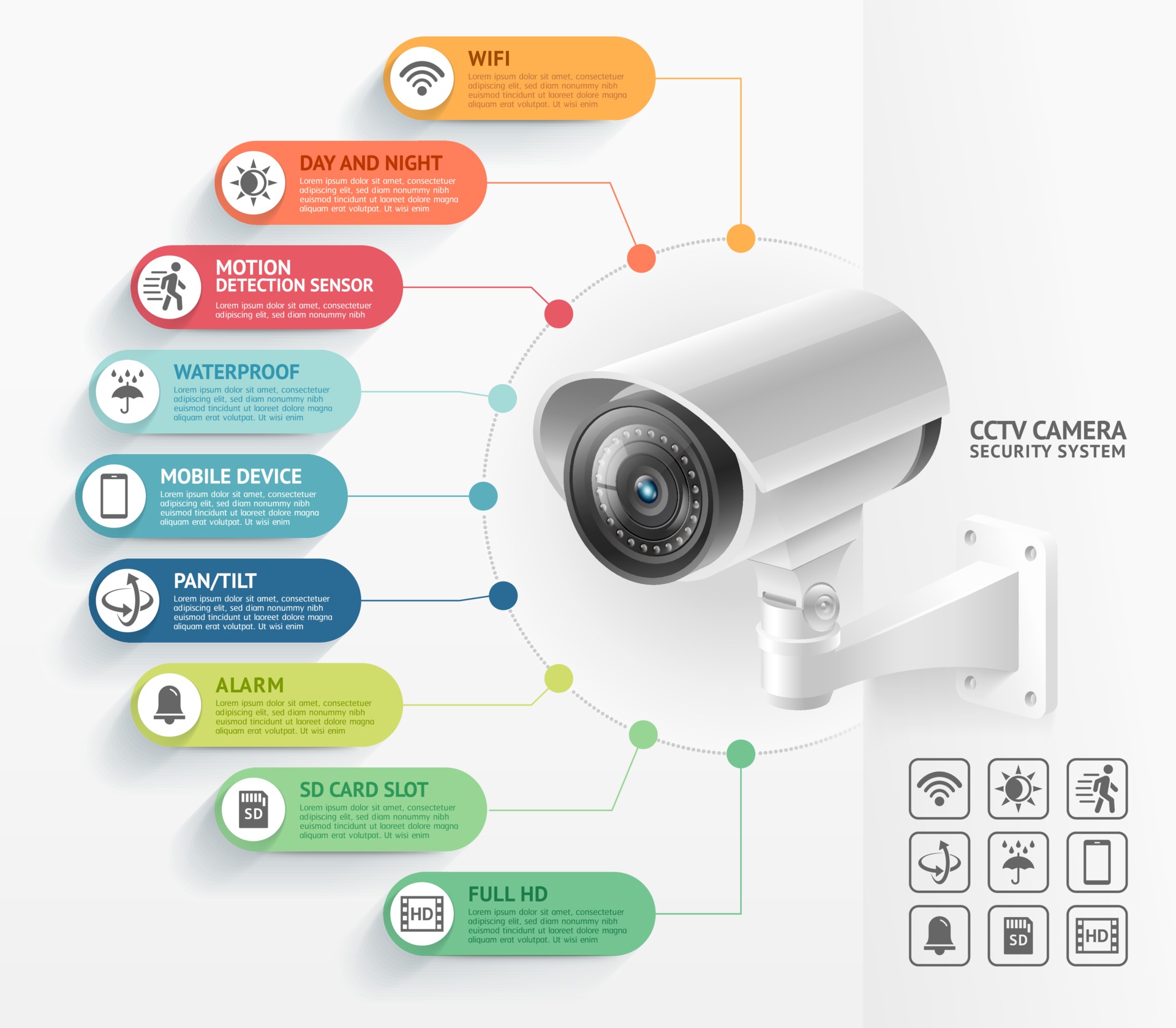
In an increasingly unpredictable world, the need for personal safety and peace of mind has never been more crucial. For many, the presence of security cameras has become a vital component of home and business security. These devices are not just tools for recording; they serve as guardians, watching over our spaces and deterring undesirable activities. The quiet assurance of knowing that someone is keeping an eye on things transforms the way we experience our environments.
Beyond the obvious benefits of theft prevention and surveillance, security cameras offer a deeper, more comforting layer of protection. They provide a sense of empowerment, allowing individuals to feel in control of their surroundings. With technological advancements, modern security cameras come equipped with features that enhance their effectiveness, turning them into intelligent systems capable of alerting us to any unusual activity. As we explore the hidden power of security cameras, we discover their role in safeguarding our peace and the profound impact they can have on our everyday lives.
Security Camera Sales
Understanding Security Cameras
Security cameras have become an essential part of modern safety and surveillance systems. They provide a sense of security for both residential and commercial properties by deterring potential threats and documenting activities around the premises. With advancements in technology, today’s security cameras offer high-definition video quality, remote access, and various functionalities that can enhance surveillance capabilities.
There are several types of security cameras available on the market, including indoor, outdoor, wired, and wireless models. Indoor cameras are designed for monitoring specific areas inside a building, whereas outdoor cameras are built to withstand various weather conditions and are typically equipped with features like night vision. Wired cameras require a physical connection to a power source and a recording device, while wireless models utilize Wi-Fi technology for easier installation and flexibility.
Integrating security cameras into an overall security strategy can significantly improve safety and peace of mind. They can be connected to alarm systems, motion detectors, and other security devices to create a comprehensive monitoring solution. Moreover, many modern cameras come equipped with advanced features such as facial recognition and cloud storage, allowing homeowners and business owners to manage their security footage more efficiently than ever before.
Benefits of Installation
Installing a security camera offers a significant boost to personal and property safety. With the ability to monitor activities in real-time, individuals can gain peace of mind knowing they can identify potential threats before they escalate. This proactive approach deters criminal behavior, as visible cameras serve as a warning that may discourage trespassers or intruders from attempting any wrongdoing.
Another key advantage of security camera installation is the ability to collect valuable evidence. In the unfortunate event of a crime, having recorded footage can assist law enforcement in identifying suspects and understanding the sequence of events. This not only aids in resolving cases but can also play a crucial role in insurance claims, as documented evidence can support any assertions made during the claims process.
Finally, modern security cameras come equipped with advanced features such as motion detection, night vision, and remote access via smartphone applications. This technological evolution means homeowners can actively monitor their properties from anywhere in the world. Users can receive instant alerts on their devices when unusual activity is detected, allowing for a more immediate response if needed. The integration of these features makes security cameras an invaluable tool for enhancing overall security and safety.
Choosing the Right System
When selecting a security camera system, first consider your specific needs and the layout of your property. Different environments may require different types of cameras. For example, outdoor cameras need to be weatherproof and equipped with night vision to ensure clarity in low light conditions, while indoor cameras may focus more on design and integration with your existing decor. Evaluating the areas you want to cover helps in determining the number of cameras and their optimal placement.
Next, think about the features that will benefit you the most. Modern security cameras come equipped with a variety of technologies such as motion detection, two-way audio, and cloud storage options. If you want to monitor your home in real time, consider systems that offer live streaming and mobile app integration. Additionally, pay attention to video resolution; higher resolution cameras provide clearer images which can be crucial for identifying faces or license plates.
Lastly, weigh the installation process and your budget. Some systems can be self-installed, making them a cost-effective option, while others may require professional installation to ensure optimal performance. Factor in ongoing costs as well, such as subscriptions for cloud storage or monitoring services. By understanding your requirements and evaluating the available features and costs, you can confidently choose the security camera system that best protects your peace of mind.